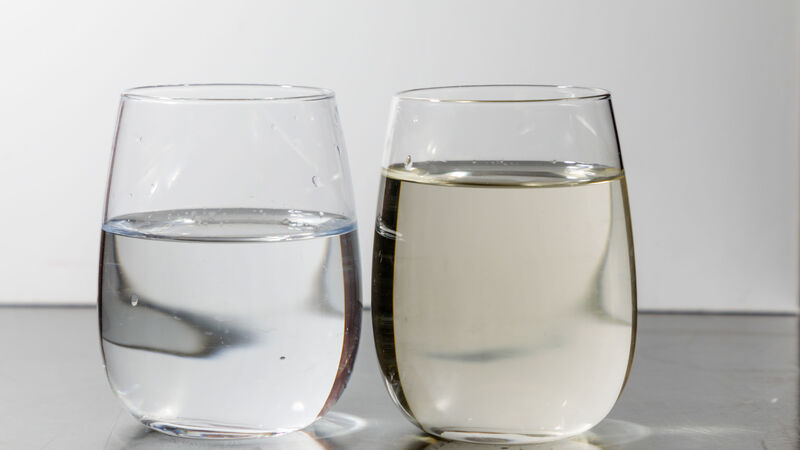HSE slams Uisce Éireann's response to water issues in Cork city

Manganese is a naturally occurring mineral which is essential in small doses, but which can be extremely harmful at high levels. Picture: David Creedon.
Correspondence released to Thomas Gould, Sinn Féin TD for Cork North Central, shows the HSE expressed serious concern at high levels of exposure to manganese in drinking water on the northside and parts of the southside, and emphasised that if such exposure was ongoing, its immediate recommendation was a ‘Do Not Consume notice’ for the affected area.
Manganese is a naturally occurring mineral which is essential in small doses, but which can be extremely harmful at high levels, possibly affecting brain development in infants and children, and it can also cause symptoms similar to Parkinson’s disease in adults.
The EU Drinking Water (2023) Regulations allow a maximum of 50 microgrammes per litre (µg/L), but on March 3, manganese levels of 193µg/L were recorded in a sample taken at Richmond Terrace, off Gardiner’s Hill, from a water supply potentially affecting 86,738 people.
Water quality has been a major issue in Cork city since the summer of 2022, when Irish Water opened its €40m Lee Rd water treatment plant.







 App?
App?


